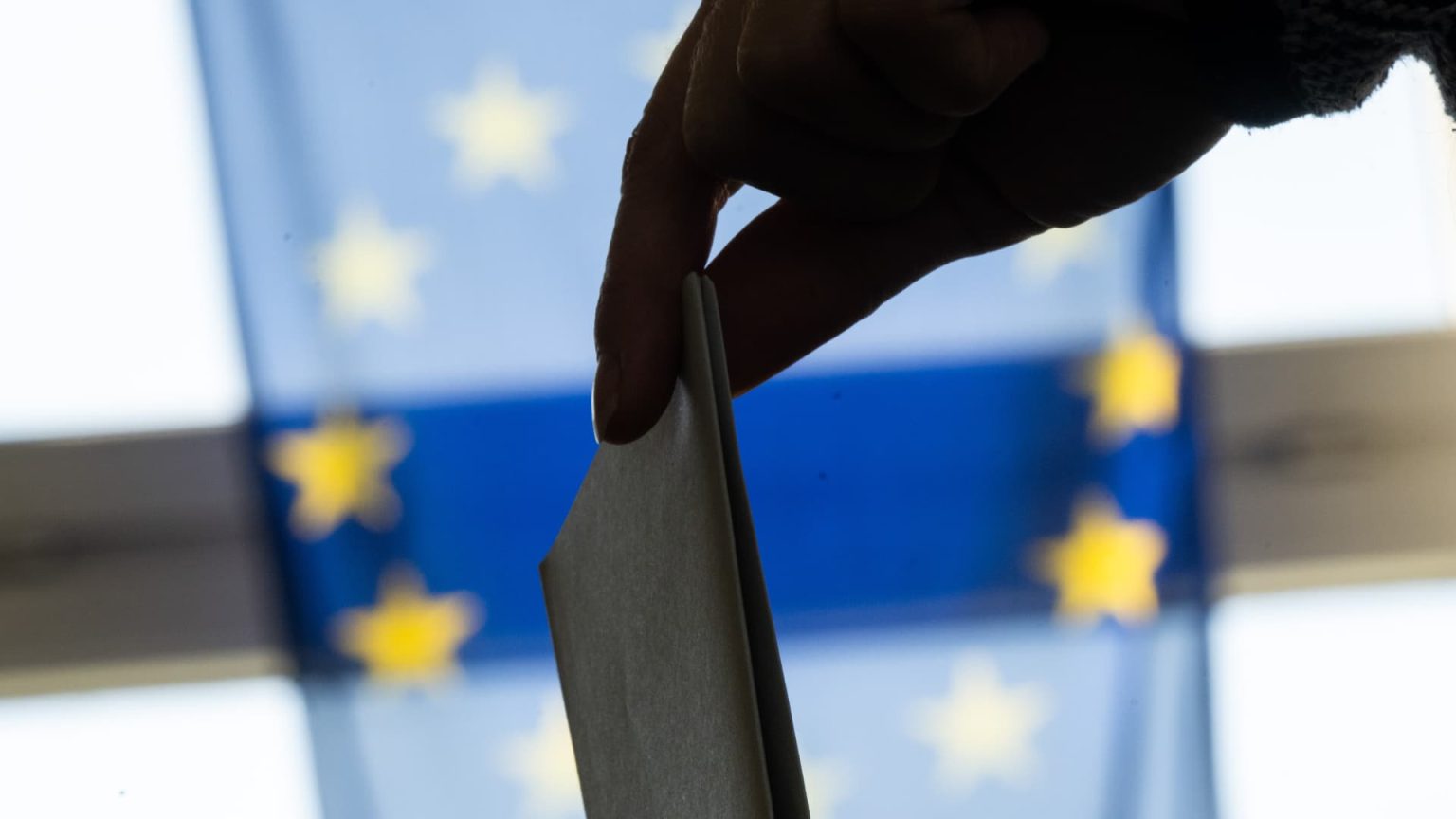Populist and far-right parties saw a surge in support in the 2024 European Parliament elections, with the far-right Identity and Democracy group making major gains. The first official projection released by the EU indicated that the center-right European People’s Party was once again projected to win the most seats, with the European Conservatives and Reformists also seeing a slight uptick in votes. The liberal Renew Europe and the Greens/European Free Alliance, however, were projected to lose a significant number of seats. The early vote breakdown showed the EPP with 181 seats, the S&D with 135 seats, RE with 82 seats, ECR with 71 seats, ID with 62 seats, Greens/European Free Alliance with 53 seats, The Left with 34 seats, and non-attached members with 51 seats.
Ursula von der Leyen, president of the European Commission and a member of the EPP, expressed satisfaction with the party’s performance in the election, describing it as the “strongest” in parliament. With over 400 million eligible voters across the EU’s 27 member states, the European Parliament plays a crucial role in determining EU laws and budgets as the only directly elected institution within the bloc. Comprised of Members of European Parliament (MEPs) elected by each member state, the parliament is responsible for forming European party groups and collectively making decisions that affect the entire EU. The incoming parliament consists of 720 seats, with larger states such as Germany having the most MEPs while smaller states like Cyprus, Luxembourg, and Malta have fewer representatives.
The results of the 2024 European Parliament elections signal a shift towards populist and far-right ideologies, with the Identity and Democracy group making significant gains and challenging the traditional dominance of center-right and liberal parties. The rise of these parties reflects growing concerns and dissatisfaction among voters, as well as a shift towards nationalist and anti-establishment sentiments in some parts of Europe. The increased support for far-right parties could impact the legislative agenda and priorities of the European Parliament, potentially leading to greater debate and confrontation on key issues such as immigration, security, and economic policies.
The strong performance of the EPP in the election highlights the party’s ability to maintain its position as a dominant force in European politics, despite facing challenges from rival groups. The EPP’s victory in the election reaffirms its status as a key player in shaping the future direction of the EU and influencing important decisions that will impact member states and citizens across the continent. As the largest parliamentary group, the EPP will play a crucial role in setting the agenda for the next European Parliament and steering the course of EU policies in the coming years.
The implications of the 2024 European Parliament elections are significant for the future of the EU and its member states, as the rise of far-right parties and the continued influence of traditional parties will shape the dynamics of European politics in the years to come. The outcome of the election reflects the changing political landscape in Europe, with populist and nationalist movements gaining ground and challenging the established order. As the new parliament takes shape and begins its work, the balance of power between different political factions will determine the direction and priorities of the EU, affecting issues ranging from economic cooperation to social welfare and environmental protection.


